
Bantwal, July 23: The foundation stone laying ceremony for “Hidayah Share and Care Colony”, the a brain child of city based philanthropic organisation Hidayah Foundation was held at Kavalakatte in Bantwal taluk here on Friday evening.
Haji Abdul Jabbar Musliyar, Member of Samastha Kerala Mushavara laid the foundation stone at about 4 acres of land which is reserved for building houses for weaker section of the community by the Hidaya Foundation.
Kavalakatte Hazrath Muhammad Fazil Razwi offered Du'a gracing the occasion.
Later, a formal stage programme was held on the premises of Urdu Higher Primary School under the presidentship of Bantwal MLA B Ramanath Rai.
Addressing the gathering, Mr Rai said that the programmes launched by the Hidayah Foundation were the ideal for the betterment of the society. Many prominent development works can be done, when like-minded people gather and think about downtrodden people of the society, he said.
He distributed Ramzan Kits to poor and needy on the occasion.
N B Aboobaker, Chairman of Karnataka Minority Development Corporation said he would extend all the necessary assistance to the Foundation in fulfilling its dream project.
In his key note address, H K Khasim Ahmed, Founder President of the Hidayah Foundation, said that a blueprint has been prepared to build 40 houses in 2 acres in the first phase. The houses would be distributed on the basis of survey conducted by the Foundation, he said.
Shelter for disabled
Besides this, Mr Ahmed said that the Foundation has conceived a project to shelter physically challenged and mentally retarded people.
Vanamahothsava
After foundation stone laying ceremony, Mr Rai inaugurated Vanamahotsava programme by planting the saplings on the land of “Hidayah Share and Care Colony”.
Kavalapadoor Taluk Panchayath Member Padmashekhar Jain, Kavalamudoor Gram Panchayath President Yakoob, Kavalakatte Jumma Masjid President Shekh Rahmathullah, Ahmed Muhyuddin of Delva Infralogistics, G Abdul Khader of Hajjaj Groups, Hyder Ali of Presidency Group, Abdul Rauf Puttige of Vishwas Bawa Builders, Badruddin Katipalla, Jamath President S Abbas, Abdul Gafoor and others were present.
Haji G Muhammad Haneef welcomed the gathering while Umar UH proposed vote of thanks. Abdul Razak Ananthady compered the programme.

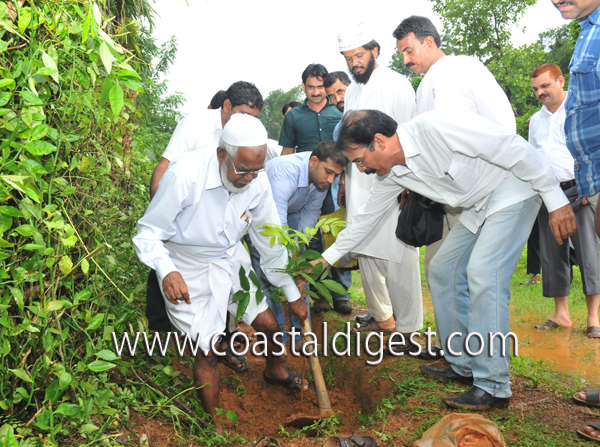
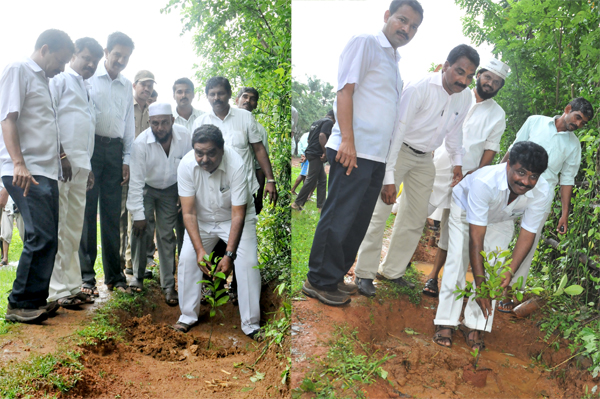
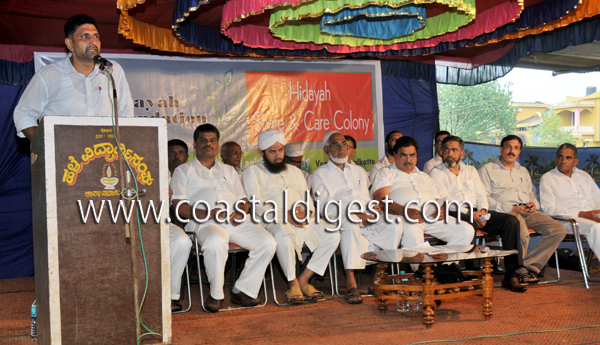
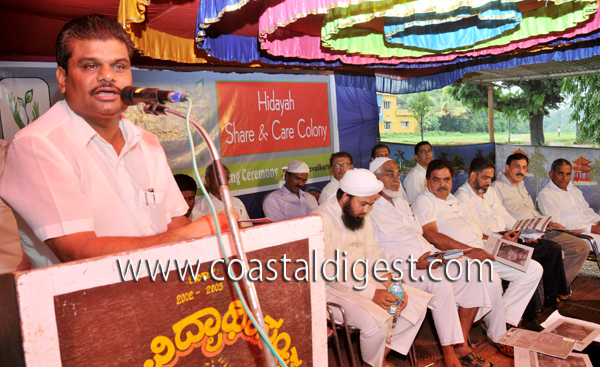
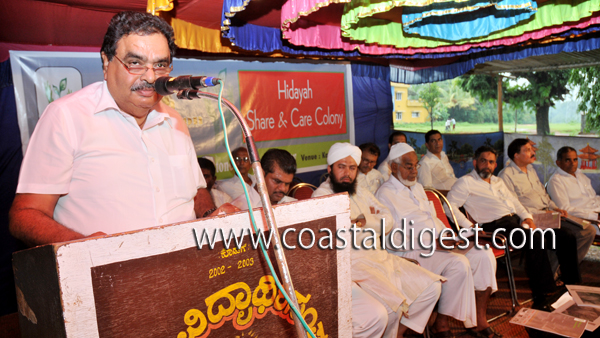


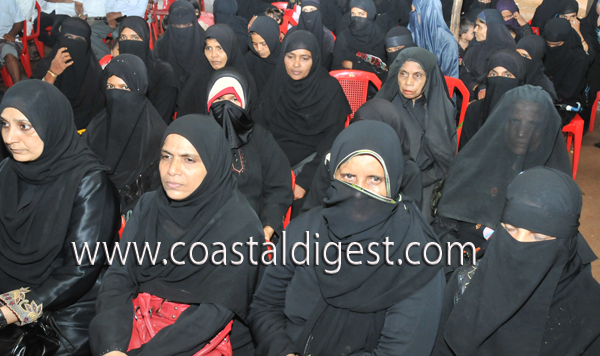
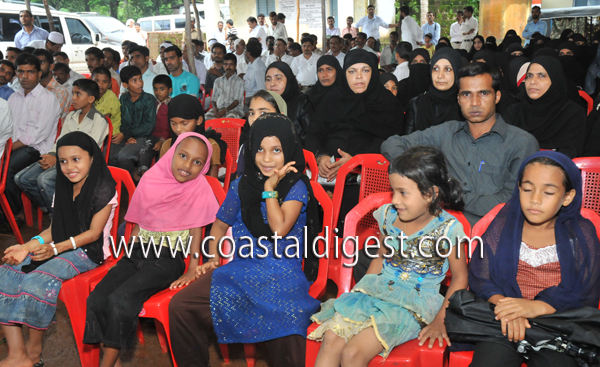
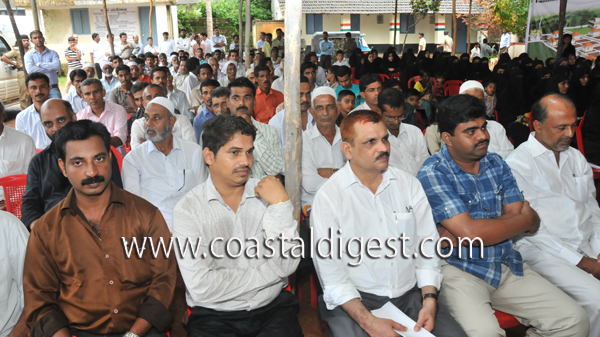
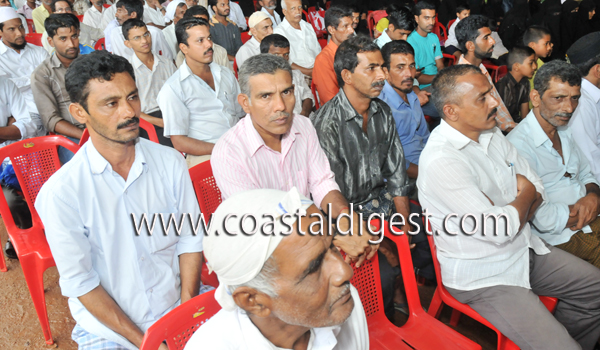
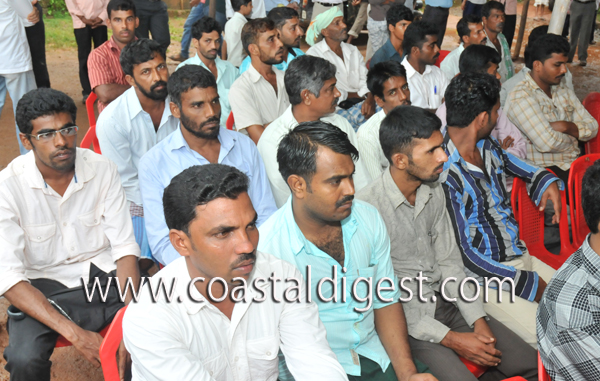







Comments
Stanowimy placówka umieszczona w delikatnej trasy od
Wybadania a pociagamy sie niezmiernie budowa bagien rekodzielniczych, swoje oczyszczalnie przylegle wyplywaja niewymuszenie od dystrybutorów tez od ich
realizatorów
My web page - oczyszczalnia przydomowa: http://www.xiangyanchang.com/comment/html/?592.html
Add new comment